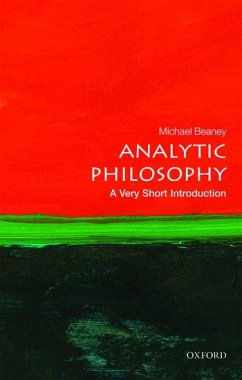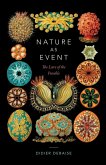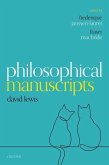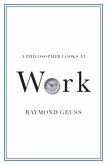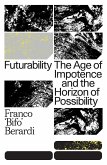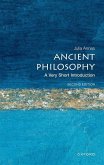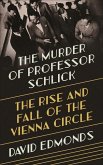Michael Beaney introduces analytic philosophy by exploring some of the key ideas of Gottlob Frege, Bertrand Russell, G. E. Moore, Ludwig Wittgenstein, and Susan Stebbing. He also considers how analytic philosophy has developed and spread to become the dominant philosophical tradition across the world.

